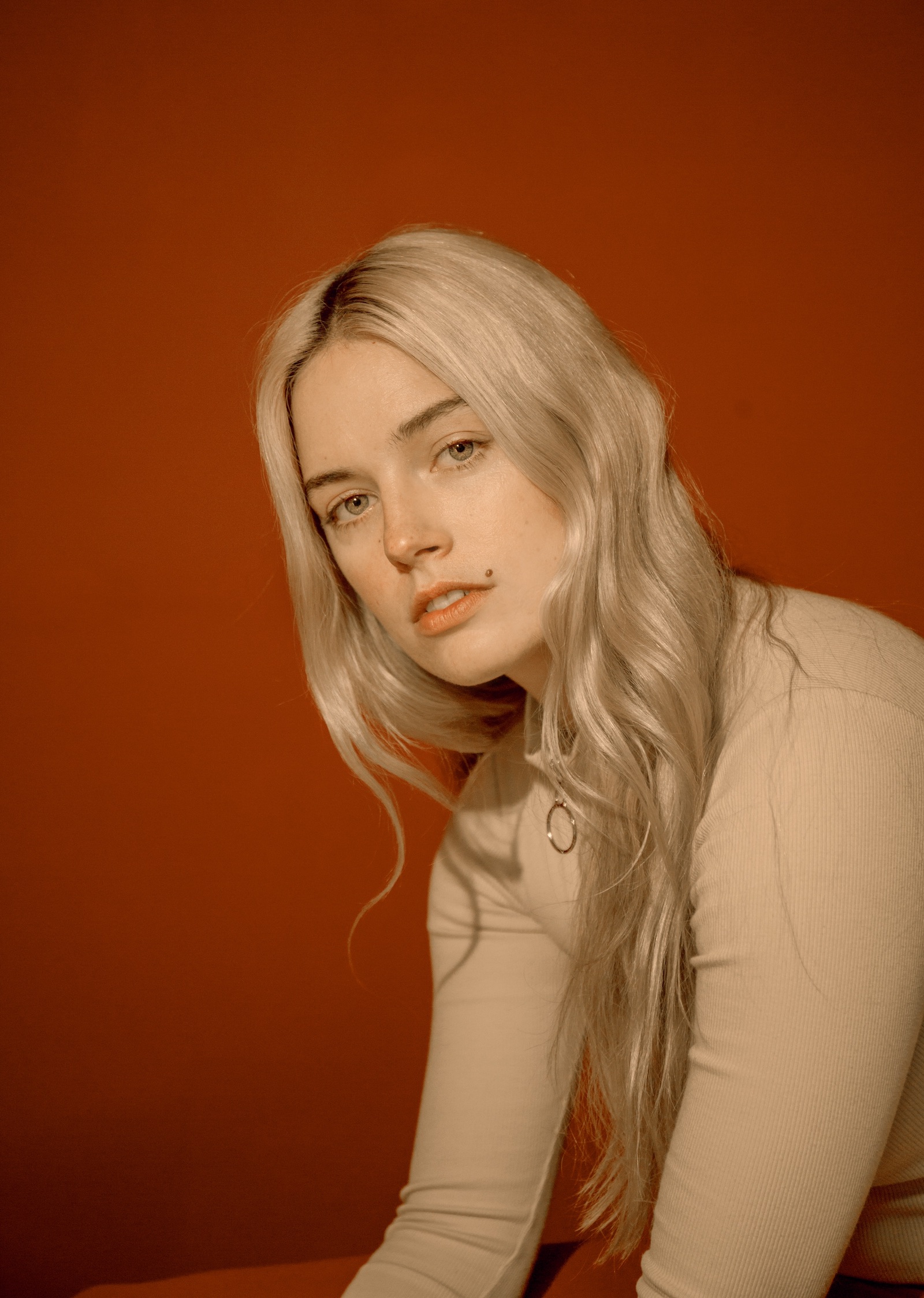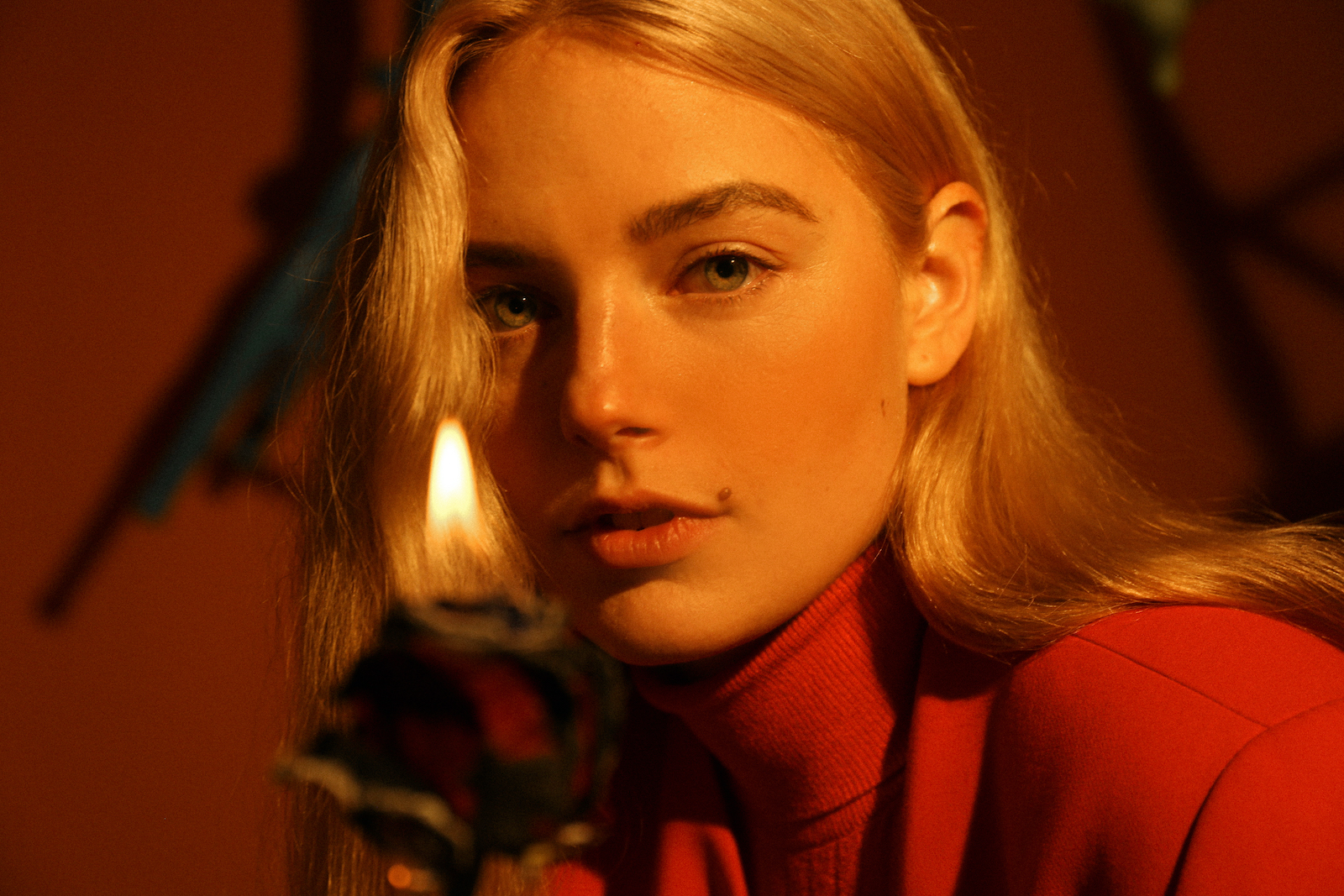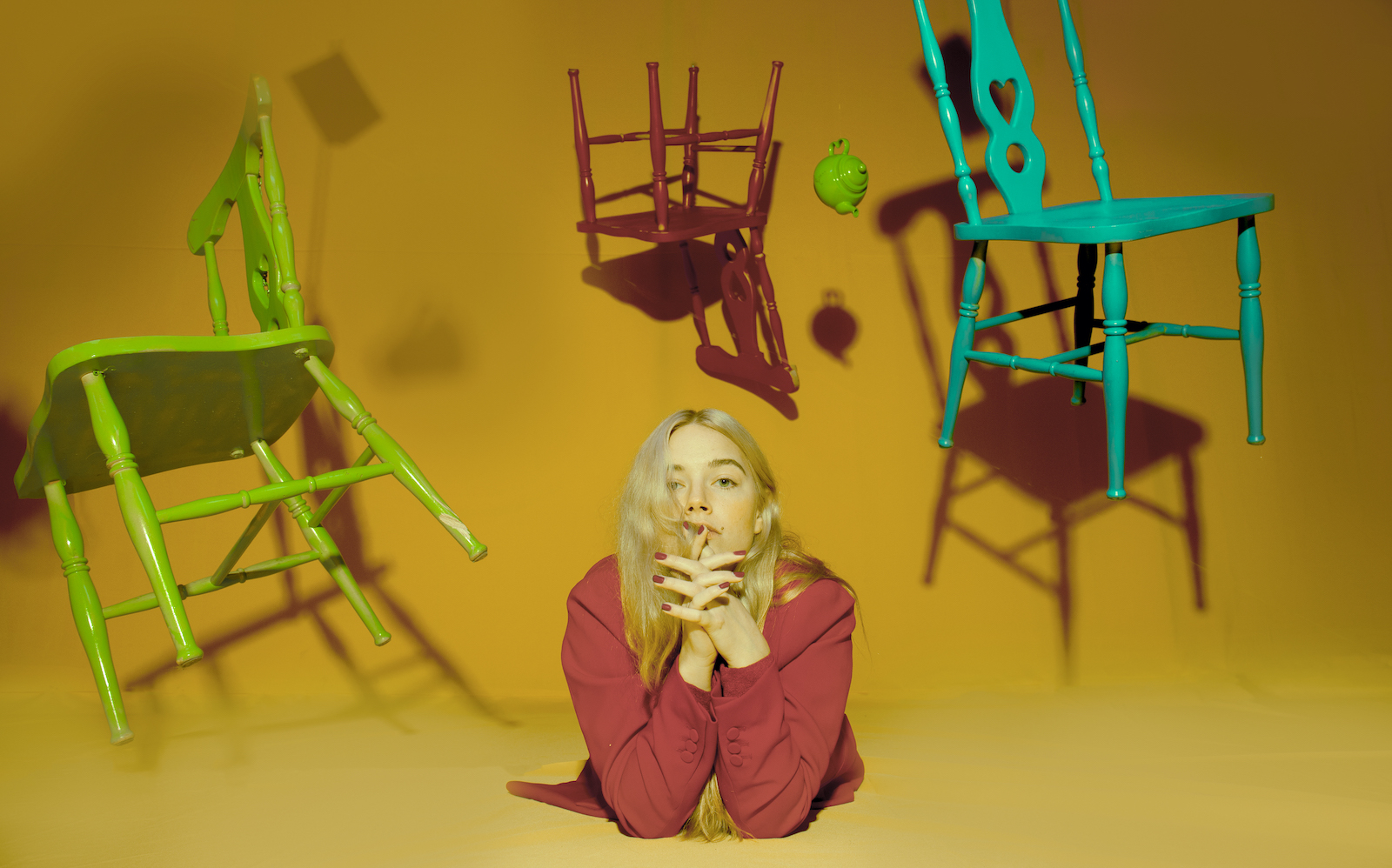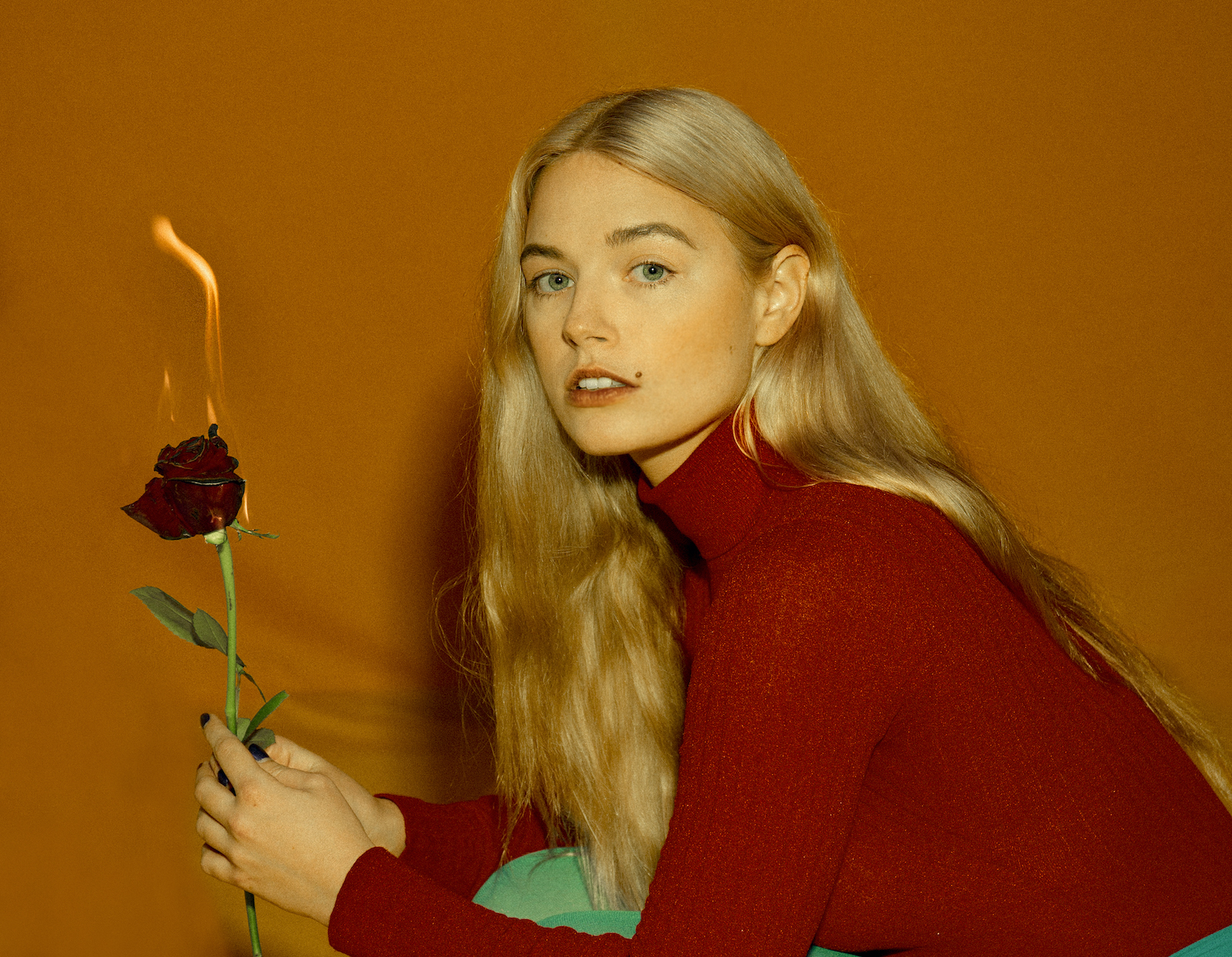
In 2019, singer-songwriter Ashe released a two part EP collection, Moral of the Story 1 & 2, that is fresh, vibrant, and classic. The collection is the second major release for her, coming on the heels of her 2018 album The Rabbit Hole. A colorful depiction of love and loss, Moral of the Story recalls a time in Ashe’s life that she talks openly about: the ending of her first marriage. Allowing music to be its final release, Ashe chose this project to share a matured perspective on the idealistic temptations of love.
It’s understood, in our culture, that lyrical content should be of a certain, relatable nature if you want it to go to radio. Love, being a prime victim of choice, is certainly one of the most engaging subjects but for the 26-year old singer, her side of the story a little offbeat.
“How many people around my age have been divorced?” She recalls asking herself while writing the title track. “Ok, not that many: are we making an un-relatable song? It’s totally not, that’s some high school student’s favorite lyric! So it’s been a process of relearning to trust myself.”
Ashe grew up listening to a mix of the Beach Boys, Carole King, and John Mayer, making her palette an upheaval of the greats. Diving into her broad imagination, she always had that itch to create; simulating a control over life that many of us ache for. Harnessing a boundless creativity between her pen and her piano, Ashe delivers a classic, jazzy sound that floats seamlessly in the mainstream.
Now embarking on a full length album, we spoke with this budding young artist to peer inside her head. Below, Ashe opens up about the different seasons in her life, lessons learned, and what’s inspiring her right now.

Have you always been musical? Did you always have the need to put emotion to song?
I definitely always felt the need to create as a little kid. It honestly came from a little bit of me wanting control over my life, I grew up feeling like I didn’t have much of that. I mean, as most of us don’t…so making my own music ended up being a great way for me to get some ownership over my life! I’ve always sort of processed my own emotions through poetry or journaling, I’m always writing it down.
When did you first start playing instruments?
I think I was 8 when I first started playing piano, and it’s always sort of been me and the piano.
You’ve mentioned in past interviews that you wake up at 5am everyday to journal! What’s the relationship like between your journal and your piano? How does a song take form?
Mm, good question! My journal definitely plays a massive role. I’m such a verbal processor as it is – I drive my boyfriend crazy, he’ll already be at x = blah blah when I’m still mapping it out in my head. But I don’t think I’d be a very good songwriter if I didn’t write out what’s going on in my head every morning. It helps me untangle the mess in my brain and then once it’s been untangled, it’s easier to sit at my piano and lay out some different ideas. They pretty much go hand in hand when creating.
I’m listening to a lot of the Beach Boys’ Pet Sounds era right now. It’s my favorite album of all time, so I’ve been starting sitting at the piano messing with chords first and then seeing what kinds of melodies come from that. But it’s always different, it’s never the same.

What are your favorite albums or artists that were staples for you growing up?
Two big ones are Carole King’s Tapestry and Beach Boys’ Pet Sounds, those are my babies. If I had to throw in a contemporary one when I was growing up…John Mayer’s Continuum is pretty important for me.
With Moral of The Story, you’ve said in previous interviews that you are finally saying what you’re wanting to say. Was there ever a time when you couldn’t?
I think that I was my own worst enemy when I first started putting out music. Not that I don’t love the stuff that I was putting out, I think that they were marks of each season I was in. But I think I let other peoples’ opinions of what I needed to say and sound like get involved in my head and my heart. It was much less somebody else controlling me, and more me being my own worst enemy.
Even, writing a lyric about talking to my lawyer in Moral of the Story, it’s like, how many people around my age have been divorced? Ok, not that many: are we making an un-relatable song? It’s totally not, that’s some high school student’s favorite lyric! So it’s been a process of relearning to trust myself and I think as kids we know that instinctually. But somewhere around puberty we stop trusting ourselves.
Yeah, that’s so true. What is one thing you learned from your previous relationship that you then put into the record?
I always tread lightly when talking about my ex because you know, I don’t think he’s a bad person, I think we were bad for each other. And when you’re bad for each other, you start treating each other badly so a lot of the anger you can hear in some of my songs is very much me processing that.
I’m getting to the place where I definitely learned that not everyone fits in your life perfectly. I was 21 when we met. It was very whirlwind, like I’m 21, hopeless romantic, intense passion; all the things you think you want as a kid and what prince charming is supposed to do but really, I will so choose boring any day over any of that stuff. Not boring but easy. It’s not what people make movies about you know, or write songs about even!
I think that the biggest take away was to really take your time. Every relationship is different, but I’m so in love with the man I’m with now and I’m sure we could’ve gone a lot faster than we did but it was right. My advice would be to take a deep breath, take your time getting to know someone. Make sure you’re not creating a version of them that you like. As you’re falling in love with someone I think we sometimes superimpose an idea of what we want them to be, on them. And I definitely did.

CONNECT WITH ASHE
INSTAGRAM // FACEBOOK // WEBSITE
photos / Dana Trippe
story / Ariana Tibi
